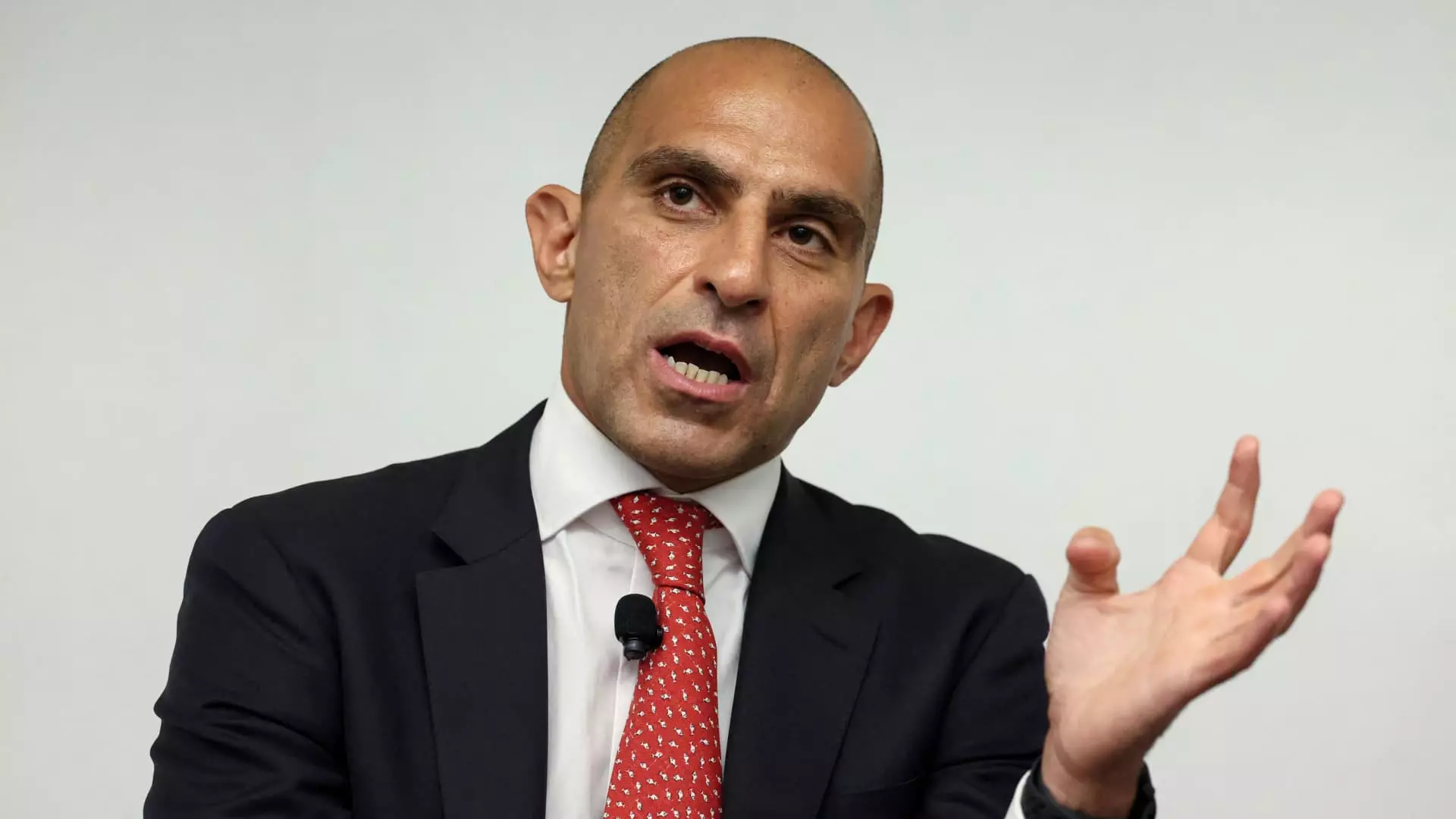As the landscape of finance continues to evolve, the importance of regulatory frameworks cannot be overstated. This was the focal point of Rostin Behnam’s recent remarks during DC Fintech Week, highlighting the Commodity Futures Trading Commission’s (CFTC) current challenges. The agency is navigating a crucial phase, particularly concerning newly emerging financial markets and the implications of digital assets. The CFTC’s legal battles, particularly with the financial exchange Kalshi over U.S. election outcome contracts, underscore the complexities regulators face when grappling with modern financial instruments.
The agency’s struggle to implement its stance—believing that offering contracts on political events is fundamentally illegal—has been met with pushback from courts which have sided with Kalshi. In September, a key ruling allowed the exchange to continue its operations for the time being, alleviating some immediate pressures but presenting a challenge to the CFTC’s authority and vision for protecting market integrity. Behnam’s assertion that the commission will pursue ongoing legal challenges while allowing Kalshi to operate indicates a regulatory balancing act aimed at maintaining oversight without stifling innovation. This highlights a significant dilemma for regulatory bodies: how to effectively manage new financial products without discouraging market participants.
Perhaps more pressing than the CFTC’s immediate battles is the need for a robust legislative framework for digital assets. Behnam emphasized a lack of sufficient federal legislation to protect American investors, which has led to rampant scams targeting the public. His worrying observations about everyday Americans being exploited illustrate an urgent need for actionable legislative measures. Without a regulatory framework, the risks associated with digital assets may spiral, potentially destabilizing the broader financial ecosystem. This urgency for coherent legislative action reflects a fundamental truth about the nature of emerging technologies and financial products: proactive governance is needed to safeguard both consumers and the financial system as a whole.
As we advance into a financial future increasingly defined by technology and innovation, it is critical that regulatory bodies like the CFTC adapt quickly and responsively. Reflecting on Behnam’s statements, it is clear that simply reacting to challenges is inadequate. Instead, a proactive and collaborative approach involving lawmakers, regulators, and industry participants will be essential. Creating a comprehensive framework for digital asset oversight is not merely a regulatory necessity; it is a protective measure for investors that could empower a healthier market.
The regulatory environment is undoubtedly complex, especially with the advent of innovative financial products and digital assets. The path observed by Behnam and the CFTC serves as a reminder that while navigating change may be fraught with challenges, the pursuit of stability, integrity, and consumer protection remains paramount for the future of finance.

